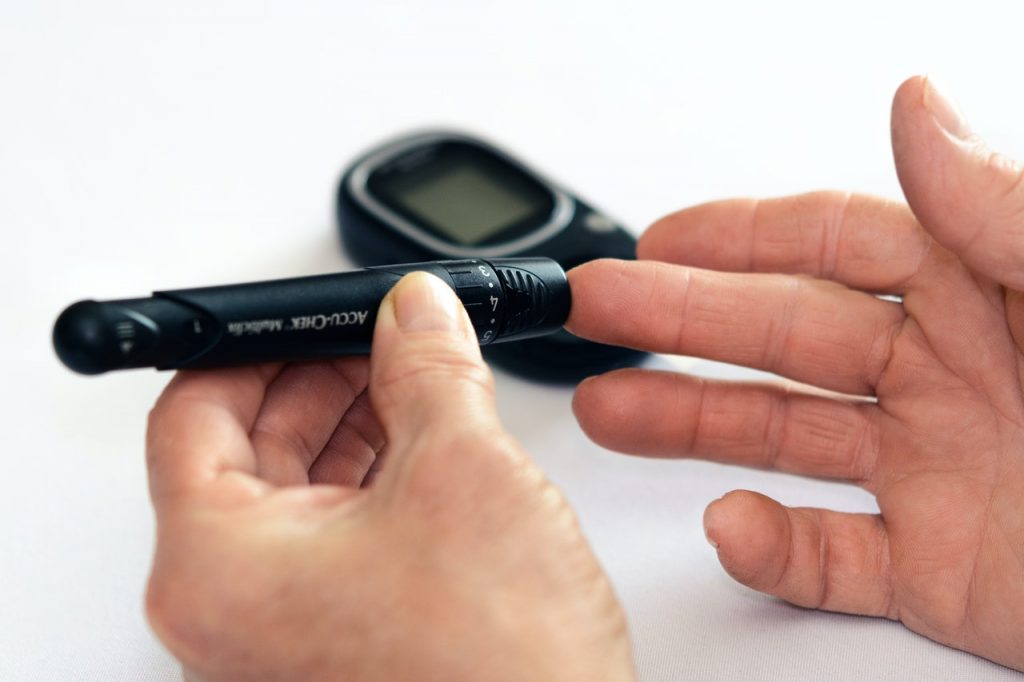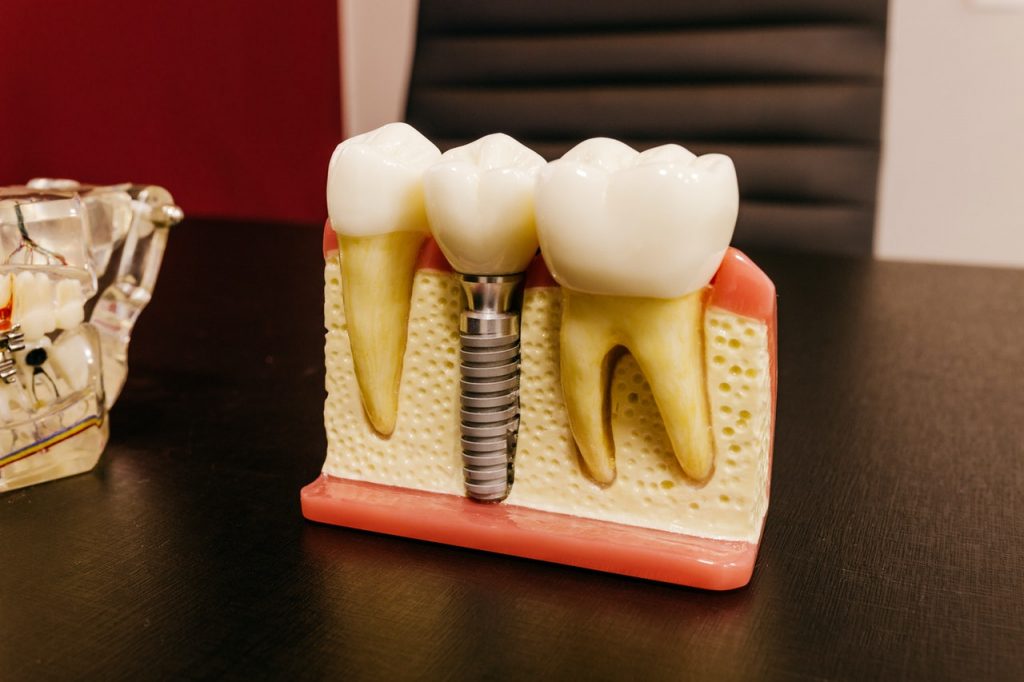When it comes to oral implants, it may seem that they are the perfect solution for missing teeth that have been lost to either illness or decay.
Affixed to the jaw, they are a more permanent alternative to dentures and offer a more stable way to bite into and chew on food. All in all, they improve both your health in relation to nutrition and the aesthetics of your smile. Brilliant!
While you may be aware that there are certain criteria which surround having them fitted, such as good oral health and having enough jaw bone, there are also certain health conditions which can make you unsuitable for having them fitted.
Indeed, many disorders would themselves not be an issue when it comes to the fitting of even a single dental implant in Melbourne, but the medication used to treat these disorders may potentially cause problems with the implant’s long-term success.
So, what are some of these disorders?
Diabetes
When it comes to either type 1 or type 2 diabetes, to have success from oral implant therapy, the disorder needs to be well controlled. So, while it is not specifically a barrier, if your diabetes is not maintained correctly, you run a higher risk of developing gum disease and other oral issues, which could compromise your implant.

Clotting disorders
Technically, it is not the clotting disorder itself that causes an issue with fitting a dental implant near Melbourne, but the medication used to treat clotting disorders, warfarin, can lead to secondary issues with this surgery. As warfarin thins the blood, it can cause more bruising and blood loss than is typical with the fitting of a dental implant from Melbourne. This can lead to extensive blood loss and anaemia, which may require a blood transfusion for the patient if it becomes too severe. To stem the bleed, the patient will also need to be taken off of this medication, which may make them more prone to developing a blood clot. So, if you take warfarin, talk to your dentist about a different type of restorative prosthetic.
Osteoporosis
Renowned for causing thinning of bone, if you suffer from osteoporosis, it is not likely that you will be suited to oral implants. As there will not be a stable basis to support implants, you will need to discuss an alternative prosthetic with your dentist. While bone grafting may be an option but long-term it has not been found to be successful in relation to this disorder and implants.
Auto-immune disorders
If you suffer from any auto-immune disorder, you run a higher risk of your implants being rejected. Why? Because even with medication to control the immune response, it is likely that the overactive immune system will attack the implant, causing the body to reject it.
Cancer
If you have been diagnosed with any kind of cancer, it is strongly advised that you go through the recommended therapies before attempting to have oral implants fitted. If you are unsure, talk to your dentist or medical practitioner.
DISCLAIMER
Any surgical or invasive procedure carries risks. Before proceeding you should seek a second opinion from an appropriately qualified health practitioner.
